Canadian Prime Minister Justin Trudeau vowed Tuesday that the Liberal Party will be pushing for more gun control laws in the lead-up to this October’s elections, but wouldn’t commit to a ban on handguns being pushed by Toronto Mayor John Tory. The city of Toronto has seen a record high number of gang-related shootings, and Tory has been vocally pushing for a federal ban on handguns. Trudeau, who last year asked Public Safety Minister Bill Blair to investigate the possibility of a ban on semi-automatic long guns and a ban on handguns, has yet to announce any specific legislation as a result of that investigation, including at today’s meeting with the mayor.
Pressed on the ban issue, Trudeau wouldn’t commit his support, saying only his party’s platform in the October election would include “strengthening gun control.”
Bill Blair has spoken in favor of a ban on semi-automatic long guns, but also hasn’t expressed support for a ban on handguns. The measure is most popular in cities like Toronto, but is wildly unpopular in the nation’s midsection and more rural areas of the country.
It wouldn’t surprise me to see Trudeau announce Liberal support for a ban on semi-automatic long guns (of course he’ll call them “assault weapons”) in early September, right around the time the U.S. Senate is returning from summer recess to debate several gun control laws, including a semi-auto ban bill of our own. From Trudeau’s perspective, he could tell anti-gun Canadian voters that he’s leading the way on this issue, and issue a public call for U.S. politicians to follow suit. American gun control activists and the media would eat it up and would lavish praise on Trudeau, while using his actions to pressure Congress to adopt a similar ban here.
Would that be enough to get 60 U.S. Senators to sign on to a gun ban, passage of which is assured in the Democrat-controlled House? I doubt it. It would simply be another stick used to try to beat pro-2nd Amendment politicians into submission. You might see a few more House Republicans peel off and support the measure, but I don’t see it moving the needle in the U.S. Senate very much, if at all.
The bigger question is how any ban in Canada might move American voters. Michael Bloomberg’s already committed to spending $500 million dollars in 2020, and that buys a lot of advertising that tells voters we need to be more like Canada in passing “sensible bans on battlefield weapons of war” , and to vote out any candidate who disagrees. It could also backfire for gun control advocates to some degree if any ban doesn’t go off as smoothly as gun control advocates predict, though I suspect the U.S. media wouldn’t be very interested in covering any issues with a semi-auto ban in Canada.
It’s also possible Trudeau decides to not announce anything too specific before the elections, hoping to minimize gun control as an issue and then enact one or both bans if Liberals retain power in Parliament. As I mentioned, these gun control proposals are deeply unpopular in
rural parts of the country, and Trudeau needs Liberals to get elected in places like Saskatchewan, not just Ontario or British Columbia. That’s already a challenge for Trudeau, but backing a sweeping gun ban in the weeks before the federal election would make it a near impossibility in many rural ridings. Is that too much of a political price to pay for the earned media and praise of anti-gun politicians in two countries? That’s the political calculation facing Justin Trudeau at the moment, and his decision could very well have an impact on the gun control movement not just in Canada, but the United States as well.
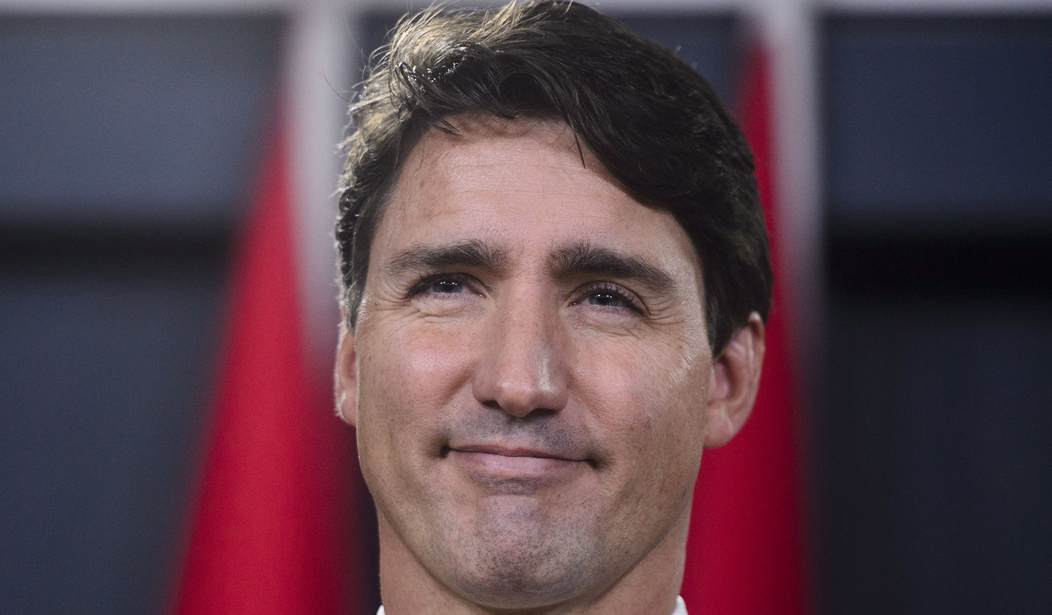


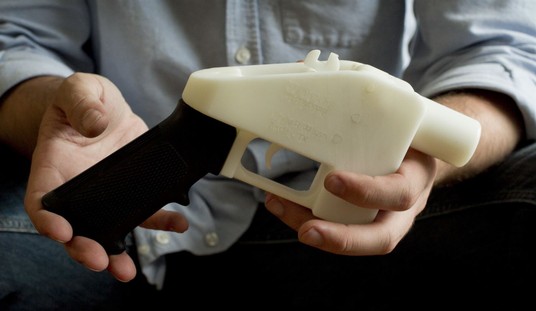

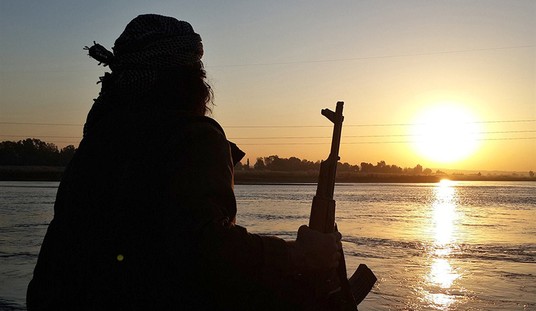
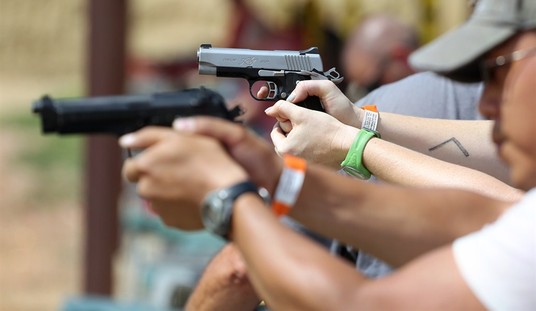

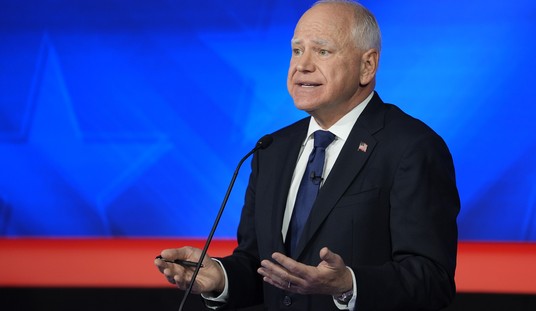
Join the conversation as a VIP Member